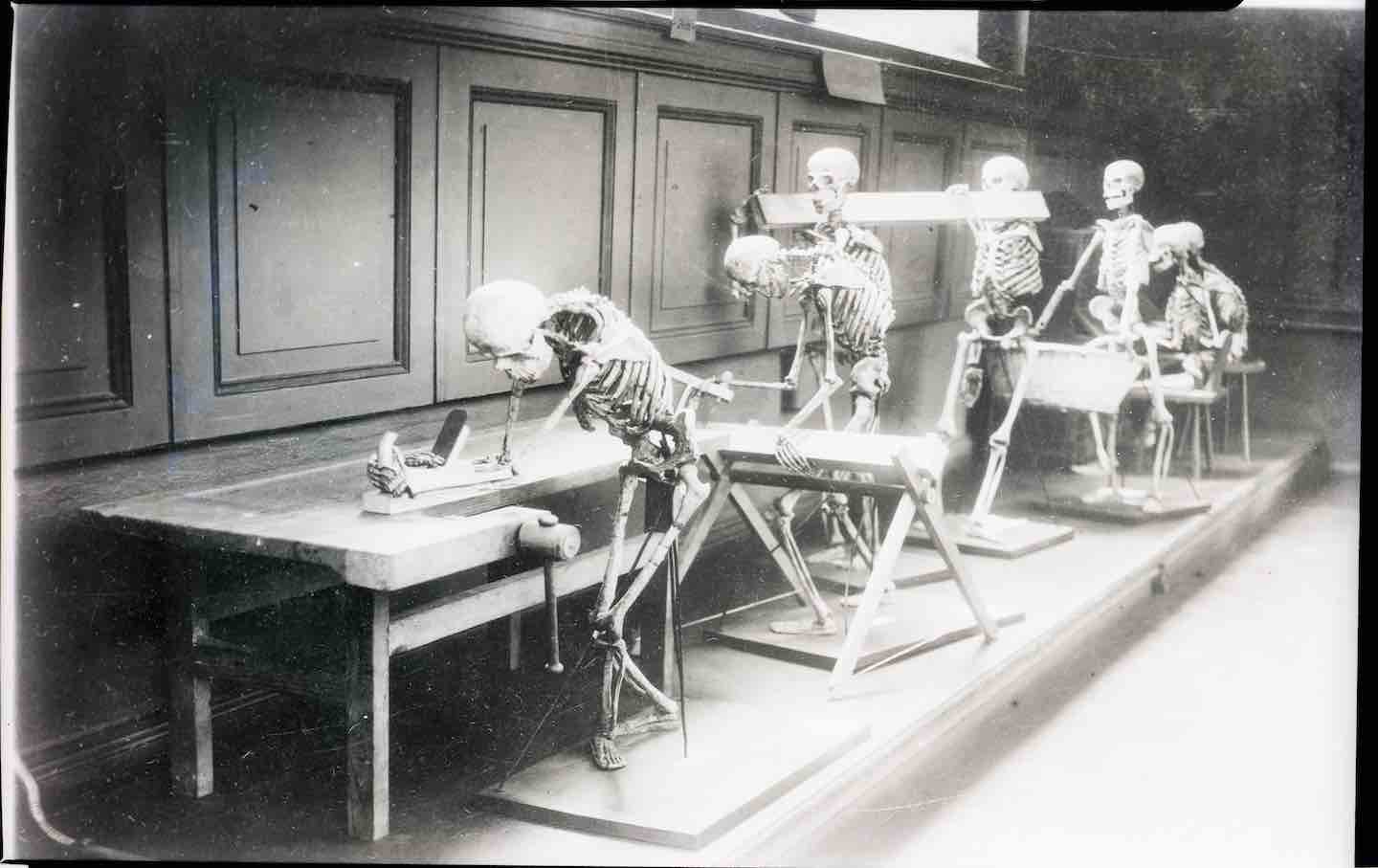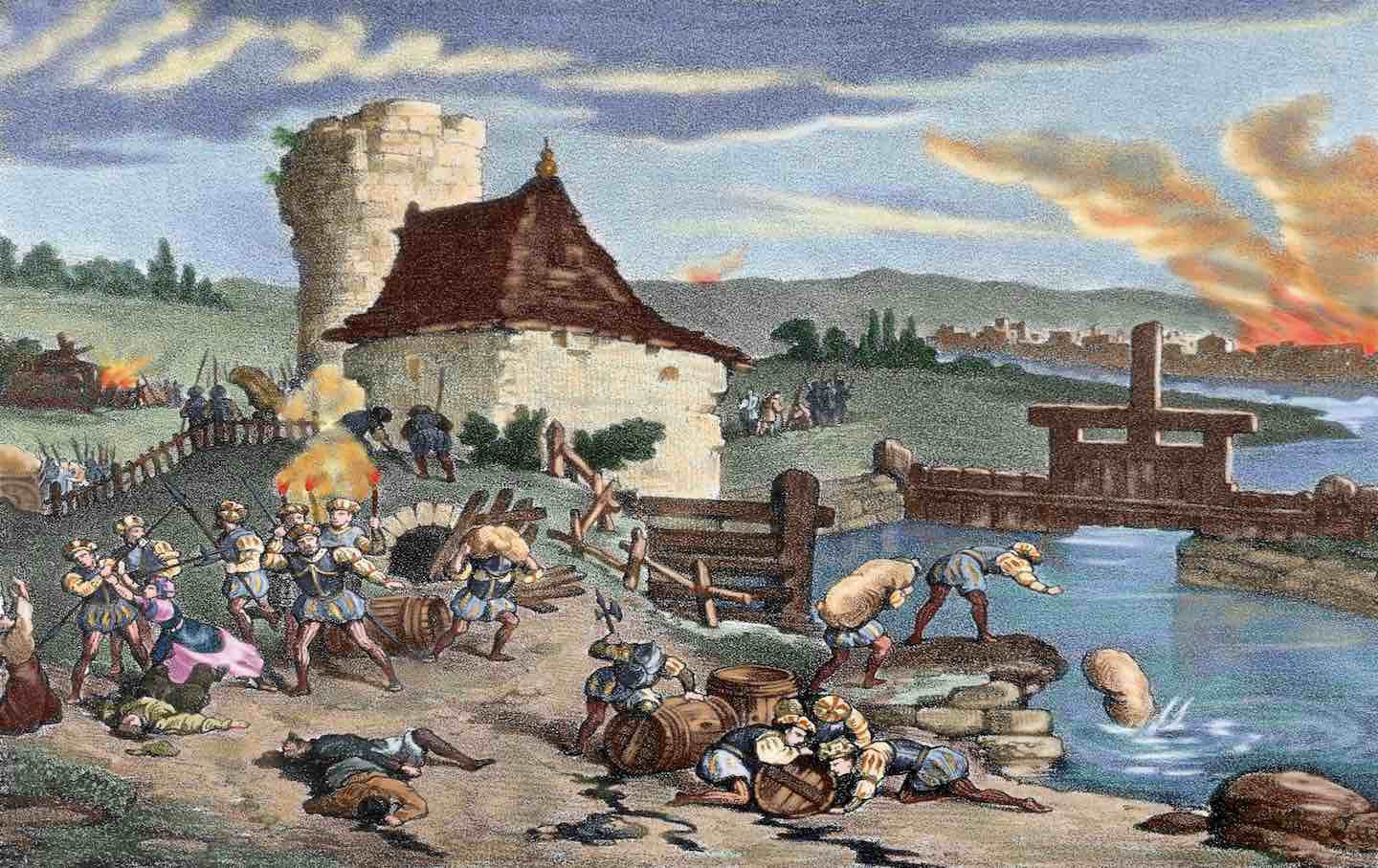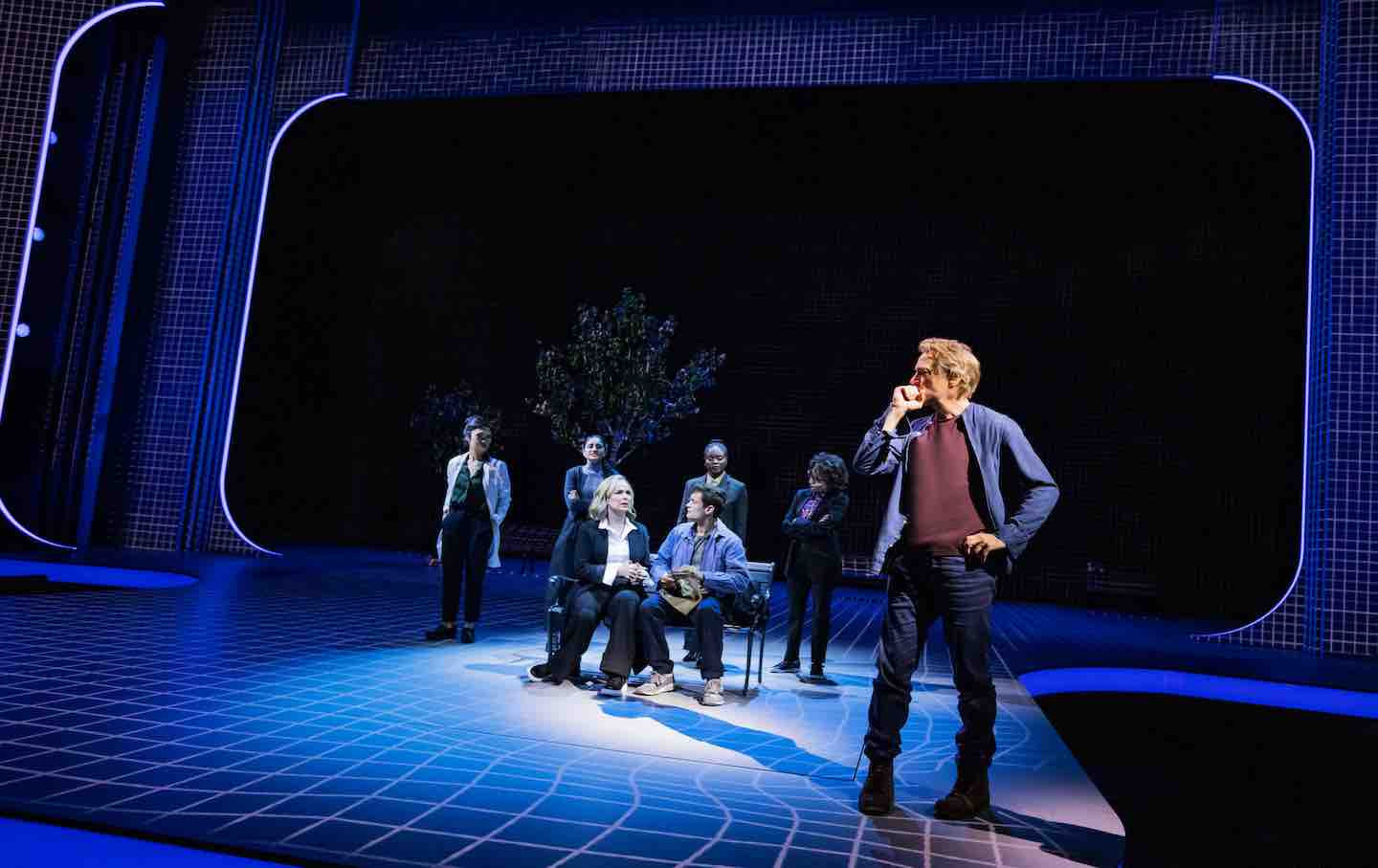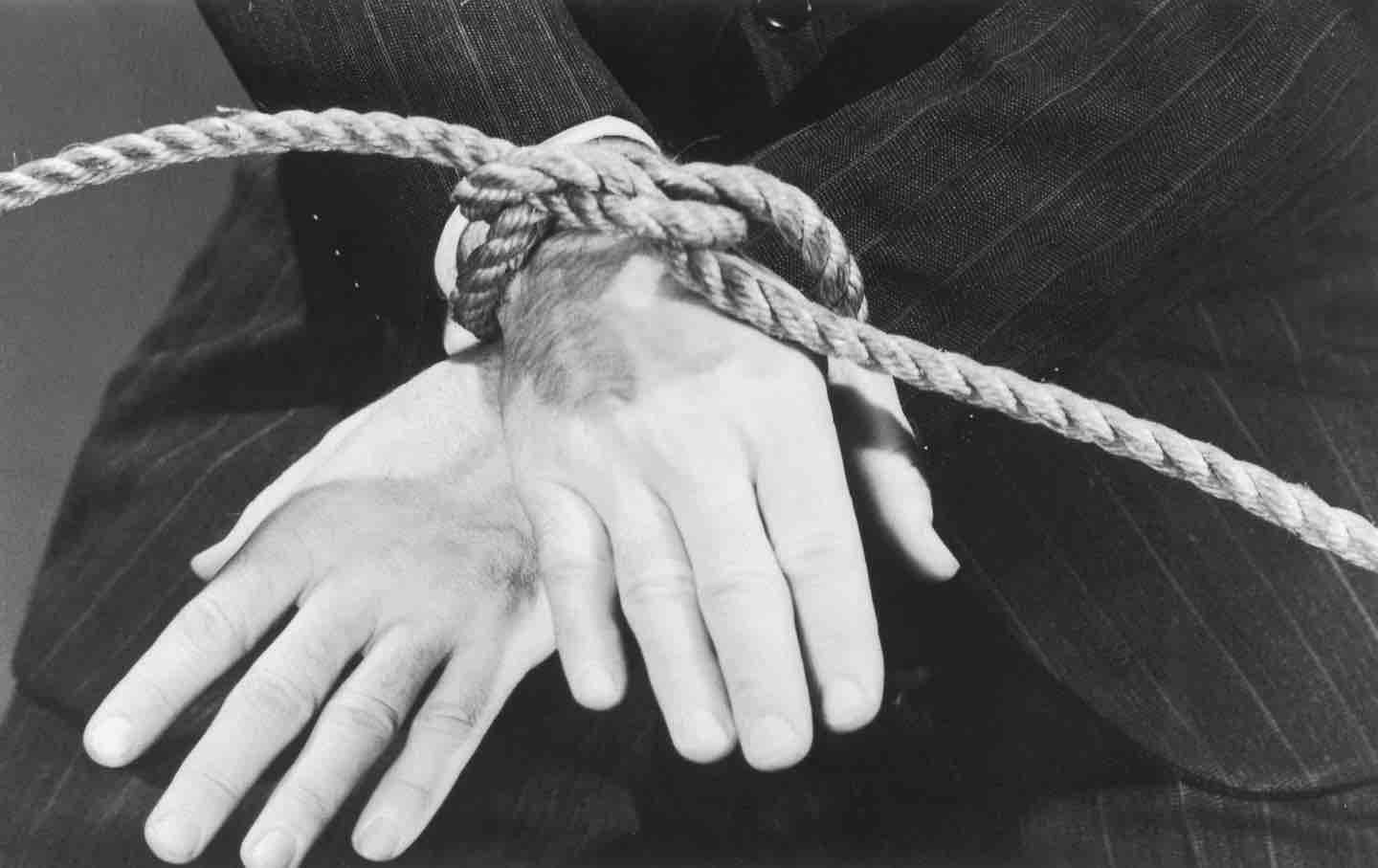Night Watch
“Don’t worry, I will return,” were not his dying words.
He had no dying words.
There was no pretense, no implosion.
11:00 p.m.
He was quiet, remote, dying,
sheer as a curtain.
The body is a big dumb object, he taught us.
Death is a genius.
“Do you understand?” he did not say.
11:05 p.m.
Still no protest.
Around him we were
a collective
for which there existed no name.
Vortex?
Hive? Enigma?
Astrophysicists were asking
for suggestions.
Terror. A terror of black holes,
someone proposed.
Yes, that was true.
Silence. A silence of black holes,
someone proposed.
That too was accurate.
What is metaphor?
What is metaphor for?
For you, my father,
genius in a big dumb object.
For when the curtains shivered
and we saw you enter the vortex
of world peace,
with its hive of enigmas.
We cannot back down
We now confront a second Trump presidency.
There’s not a moment to lose. We must harness our fears, our grief, and yes, our anger, to resist the dangerous policies Donald Trump will unleash on our country. We rededicate ourselves to our role as journalists and writers of principle and conscience.
Today, we also steel ourselves for the fight ahead. It will demand a fearless spirit, an informed mind, wise analysis, and humane resistance. We face the enactment of Project 2025, a far-right supreme court, political authoritarianism, increasing inequality and record homelessness, a looming climate crisis, and conflicts abroad. The Nation will expose and propose, nurture investigative reporting, and stand together as a community to keep hope and possibility alive. The Nation’s work will continue—as it has in good and not-so-good times—to develop alternative ideas and visions, to deepen our mission of truth-telling and deep reporting, and to further solidarity in a nation divided.
Armed with a remarkable 160 years of bold, independent journalism, our mandate today remains the same as when abolitionists first founded The Nation—to uphold the principles of democracy and freedom, serve as a beacon through the darkest days of resistance, and to envision and struggle for a brighter future.
The day is dark, the forces arrayed are tenacious, but as the late Nation editorial board member Toni Morrison wrote “No! This is precisely the time when artists go to work. There is no time for despair, no place for self-pity, no need for silence, no room for fear. We speak, we write, we do language. That is how civilizations heal.”
I urge you to stand with The Nation and donate today.
Onwards,
Katrina vanden Heuvel
Editorial Director and Publisher, The Nation








